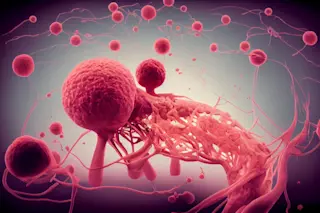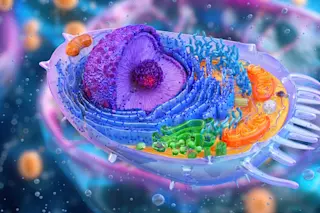On the morning of Monday, October 3, the Nobel Committee announced that immunologist Ralph Steinman had won the Nobel Prize in Medicine for his work on immune cells and a discovery that led to the first therapeutic cancer vaccine. The members were then staggered to learn that Steinman had died the previous Friday after a four-year battle with pancreatic cancer. The news created an unusual problem: Nobel prizes cannot be awarded posthumously. But the committee decided to make an exception for Steinman, given his very recent death, and announced later on Monday that he would remain a laureate.
Although Erik Axel Karlfeldt won the 1931 Nobel Prize in Literature six months after his death and Dag Hammarskjöld died a month before he was named winner of the 1961 Peace Prize, Steinman is the first posthumous winner since the prohibition began in 1974. A fortunate side effect of the ruckus over ...













